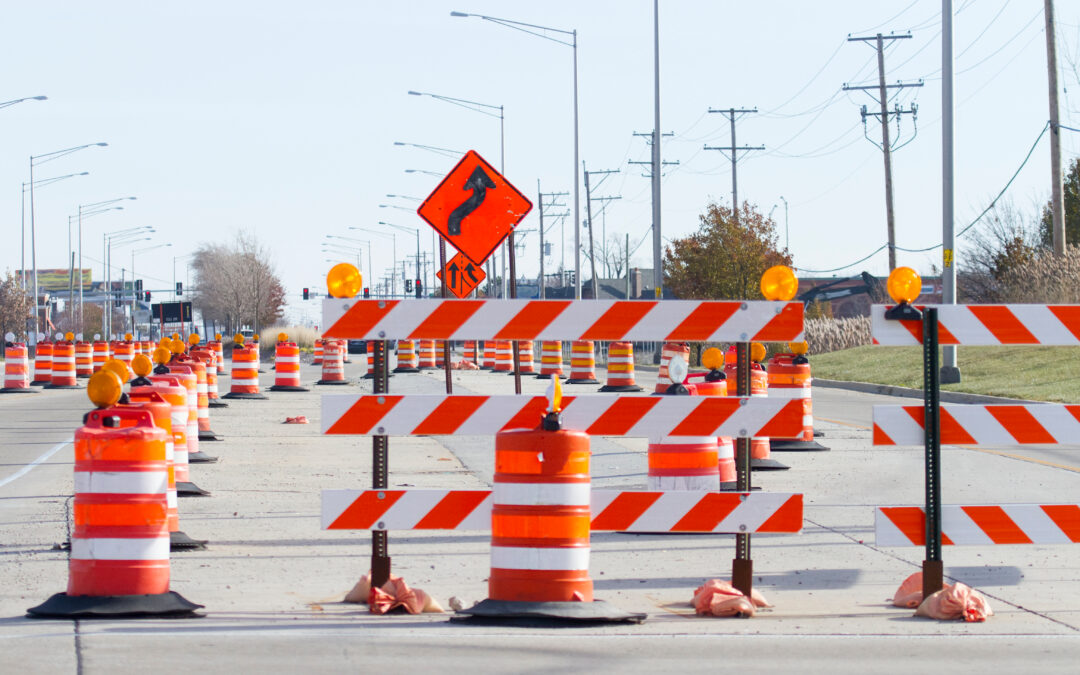This story originally appeared in WNEM 5 News. Read more here.
Those making remarks at a National Work Zone Awareness Week event in mid-Michigan did more than raise awareness; they also spoke about actions they’re taking to make work zones safer.
“We think we have the data. We think we have the ideas to do this properly. But to date, camera enforcement hasn’t been passed,” said Rob Coppersmith, executive vice president of the Michigan Infrastructure and Transportation Association.
He was making the push for work zone cameras during the National Work Zone Awareness Week event at Dow Diamond in Midland on Monday, April 15.
“We’re trying to take people out of harm’s way. We’re trying to help people on both sides of the barrels,” Coppersmith said.
He told those in attendance that 23 other states already have work zone cameras.
“They’ve been proven to reduce fatalities and injuries by 20 to 37 percent. In Arizona, they’ve proven a 54 percent decrease in overall crashes, and a 47 percent decrease in injury crashes,” he said.
Coppersmith said the camera would be set up at the beginning of the work zone and send tickets to motorists when necessary. The first ticket would be a warning, and additional tickets would result in fines and no points added to your license.
TV5 asked Lt. Gov. Garlin Gilchrist about work zone cameras.
“It’s in the legislature’s hands, so it’s an ongoing conversation about that,” Gilchrist said. “We haven’t taken a position on it formally. So, we’ll see how it comes through the committee process, and the legislative process. But we do need to use every tool we have available to us to make sure our roads can be as safe as possible so we can get to zero deaths period, let alone in our work zones.”
And while that legislation is being considered, MDOT director Brad Wieferich said other measures have become state law.
“Some legislation was recently enacted to require freeway barriers when we’re doing nighttime work. It’s not for every project, short-term stuff, maybe not so much. But it is a requirement that when we’re doing work on the freeways at night, that we have positive protection for the workers,” Wieferich said.
As for Coppersmith, he was hoping work zone cameras would be a state law by now.
“The longer this takes, the more lives we could’ve saved, or more injuries we could’ve spared,” he said.
The work zone camera legislation passed the state House last year. Right now, the measure is in the state Senate’s committee on transportation and infrastructure.
Presenters at Monday’s National Work Zone Awareness Week event also want to do more for the mental health of workers given the danger they face every moment they’re on the job.

